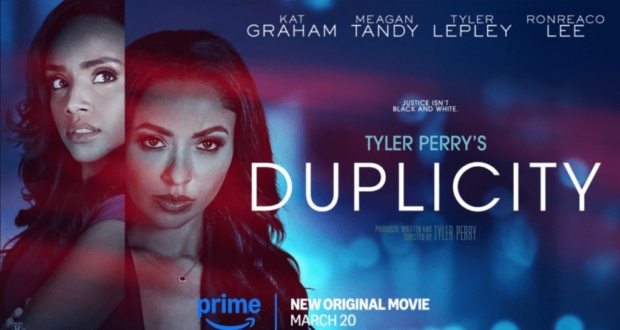In the ever-evolving landscape of cinema, there are certain filmmakers who rise above the noise and create something truly special. Enter Kaizer Mokgobu, a South African director whose debut feature film, Good Mourning, has taken the industry by storm. I had the privilege of sitting down with him to discuss his journey, inspirations, and the powerful themes behind his work.
From the moment our conversation began, it was clear that Kaizer is not just a filmmaker but a storyteller in the truest sense. His journey into the world of cinema started early, rooted in the rich tradition of storytelling passed down by his grandmother. Growing up in the 90s in Polokwane, South Africa, he consumed a steady diet of American television, movies, and music—especially the hip-hop that defined that era. These influences, he shared, resonated deeply with him, especially the narratives of Black experiences that, while geographically distant, felt intimately familiar.
Kaizer’s path to filmmaking wasn’t a direct one. Like many creatives, he initially pursued a more conventional career, studying B.Com management and economics. But it didn’t take long for him to realize that his heart belonged to the arts. A pivot to film school in Durban followed, and from there, Kaizer immersed himself in the South African film industry, honing his craft and working on a variety of projects before deciding to take the leap and create something of his own.
And that’s how Good Mourning was born—a film that’s as much about personal catharsis as it is about universal themes of grief, loss, and the process of mourning. The title itself is a play on words, reflecting both the greeting we give to a new day and the emotional process of mourning (or “mourning”) a loss. Kaizer explained that the story is deeply autobiographical, drawing from his own experiences of losing his father at a young age and later, a close friend in high school.
One of the standout aspects of Good Mourning is its focus on the experiences of young women, particularly the social challenges they face. When asked about this, Kaizer’s response was heartfelt and honest: “I was raised by women,” he said, mentioning his four sisters and single mother. This upbringing, coupled with the influences of his youth, naturally shaped the themes of his film. It’s a film that doesn’t shy away from the complexities of growing up, especially in the context of grief—a theme that is central to the narrative.
Watching Good Mourning, you’d be forgiven for thinking it was the work of a seasoned director, not a debut feature. The cinematography is breathtaking, the soundtrack is meticulously curated, and the pacing is pitch-perfect. It’s a film that resonates long after the credits roll, leaving viewers in awe of its emotional depth and visual storytelling.
As our conversation wrapped up, I couldn’t help but express my admiration for what Kaizer has accomplished. It’s clear that he is a rising star in the film industry, and I, for one, am excited to see where his journey takes him next. Good Mourning is not just a film; it’s a statement—a declaration that African cinema is here, and it’s here to stay.
Kaizer Mokgobu is a name to remember, and Good Mourning is just the beginning.

















